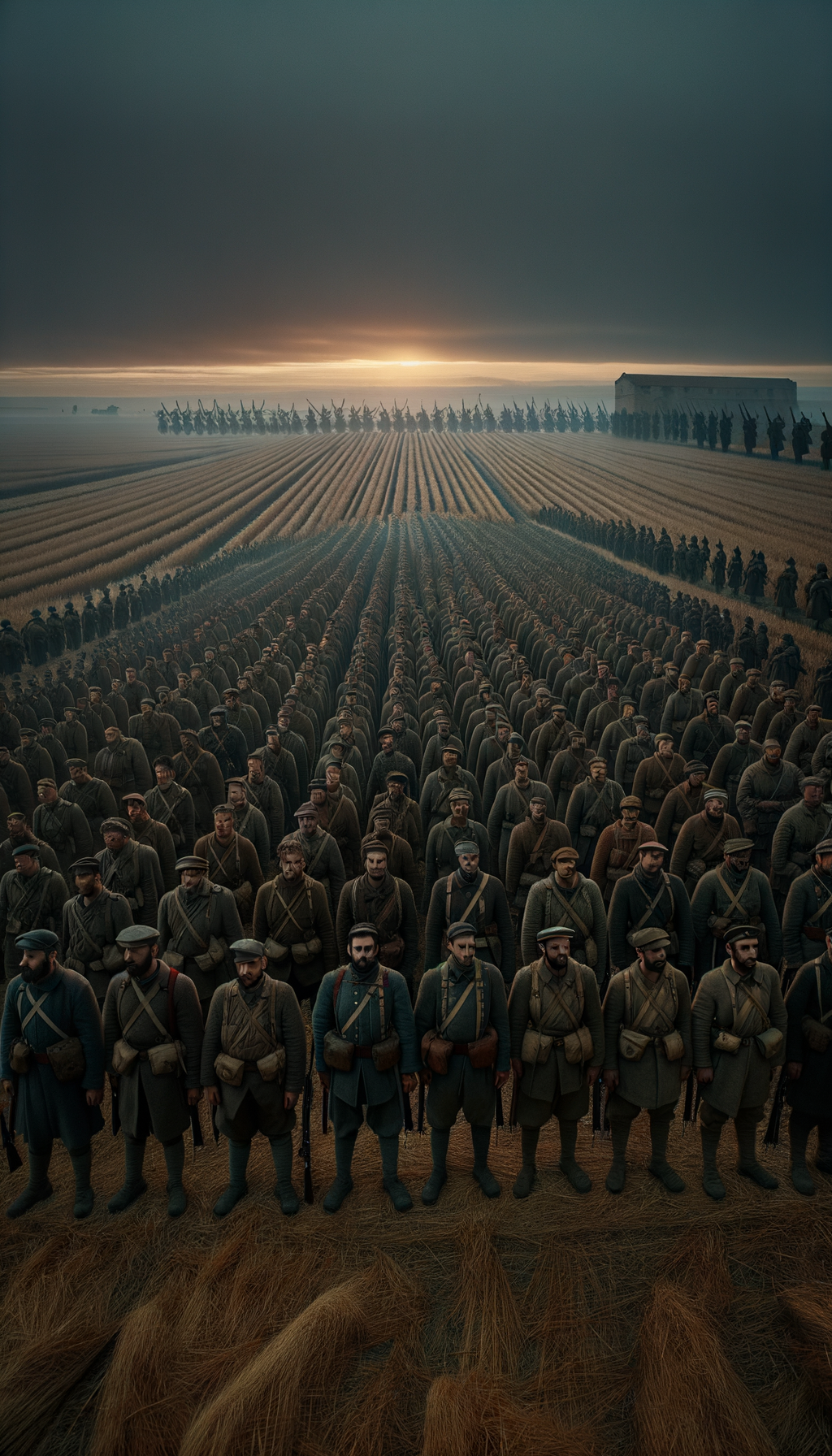Italy – The Fateful Fields of Novara – March 23, 1849
TLDR;
- Event: The Battle of Novara took place on March 23, 1849, between the Kingdom of Sardinia and the Austrian Empire during the First Italian War of Independence.
- Outcome: The Sardinian forces were defeated by the Austrian army led by Field Marshal Joseph Radetzky, leading to the abdication of King Charles Albert of Sardinia the following day.
- Impact: The battle resulted in Victor Emmanuel II ascending to the throne and set the stage for his future role in the unification of Italy.
- Significance: The Battle of Novara is remembered as a pivotal moment in Italian history, symbolizing both the defeat of Sardinia and the hope for Italian unification.
–
Story
The air was thick with tension as dawn broke over the fields of Novara. Sardinian soldiers, weary yet resolute, stood ready to face the might of the Austrian Empire. Little did they know, this day would seal the fate of their king and alter the course of Italian history.

In the spring of 1849, the Kingdom of Sardinia was embroiled in the First Italian War of Independence, a struggle to free Italian territories from Austrian control. King Charles Albert of Sardinia, driven by a vision of a unified Italy, led his forces against the seasoned Austrian army commanded by the formidable Field Marshal Joseph Radetzky.
The battle commenced with a ferocity that shook the earth. Sardinian troops, outnumbered and outmaneuvered, fought valiantly but were no match for Radetzky’s strategic brilliance. As the day wore on, the Sardinian lines began to crumble under the relentless Austrian assault.
The turning point came when the Sardinian forces, exhausted and demoralized, could no longer hold their ground. The Austrians pressed their advantage, and by nightfall, the Sardinian army was in full retreat. The defeat was catastrophic, leading to the abdication of King Charles Albert the very next day, on March 24, 1849, who passed the crown to his son, Victor Emmanuel II.
This battle not only marked the end of Charles Albert’s reign but also set the stage for Victor Emmanuel II’s immediate role as King of Sardinia and his future role in the unification of Italy. The fields of Novara, once soaked with the blood of battle, became a symbol of both loss and the enduring hope for a united Italy.
–
| Would a different strategy have changed the outcome of the Battle of Novara? |